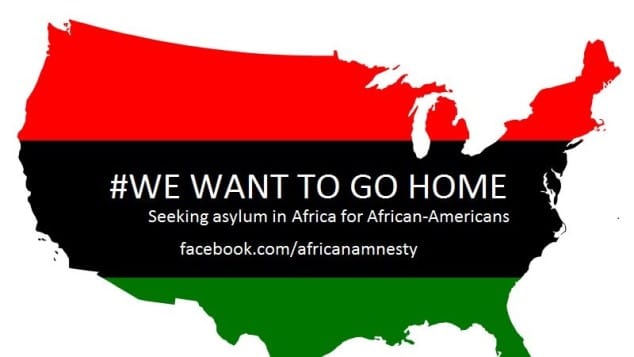While bride prices or dowries tend to be a standard practice across much of Africa, Uganda’s Supreme Court recently ruled that “bride refunds” — required from wives who wish to divorce their husbands — is unconstitutional, reports the BBC.
SEE ALSO: For Nigerian LGBT Community, U.S. Same-Sex Law Is Beacon of Hope
Dowries, property and/or money, are customarily given to a bride’s family when a man desires a woman’s hand in marriage. But the long-held practice often has a number of implications that can be problematic.
Women’s rights organization Mifumi contends that for most men who pay bride prices, they believe that they have also paid for their wives’ “sexual and reproductive capacity,” validating the belief that wives are husbands’ property.
In response, Mifumi brought the bride price issue to the Supreme Court with the hopes of making the custom unconstitutional.
And while the Justices disagreed that bride prices in themselves are unconstitutional — even though they did acknowledge that the term itself is controversial — they did agree that it is illegal to force wives to pay a refund when divorcing their husbands.
Should a marriage end in Uganda, the wife had been expected to refund the bride price – often paid in livestock.
But it was argued that as women tend to have less wealth than their husbands, many became trapped in unhappy relationships.
At the ruling, Mifumi Spokesperson Evelyn Schiller said that it was an important step forward for women in the East African country, “This is a momentous occasion… and this ruling will aid the fight against women and girls’ rights abuses.”
Speaking of the mood in the courtroom after the ruling, Journalist Catherine Byaruhanga added, “There was a gasp in the courtroom when the first justice ruled against the refunding of the bride price.
“This is being seen by those behind the case as a major step in chipping away at a tradition that is detrimental to women.”
SEE ALSO: Program Boosts Girl Students Forward!











